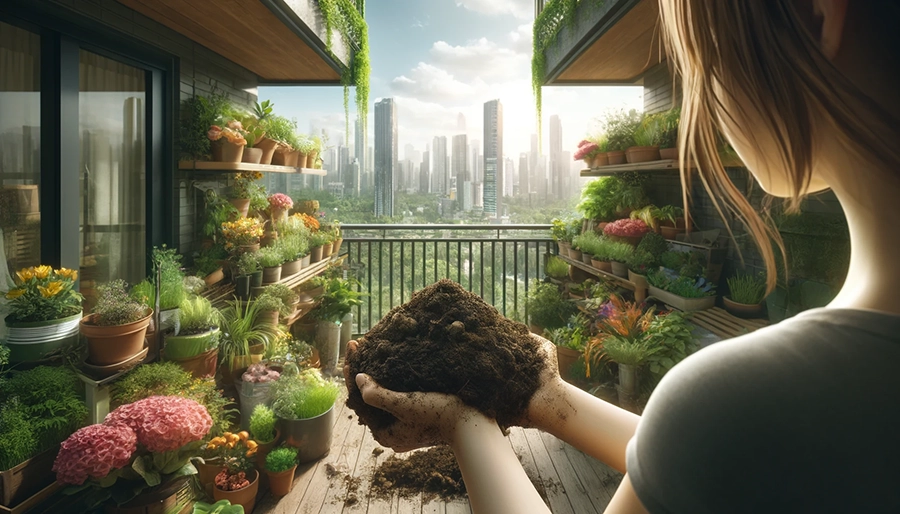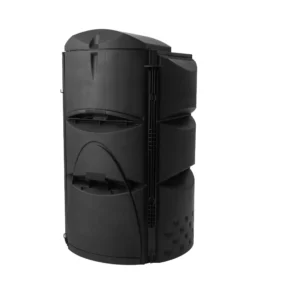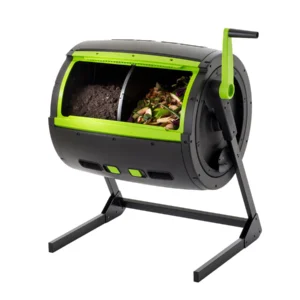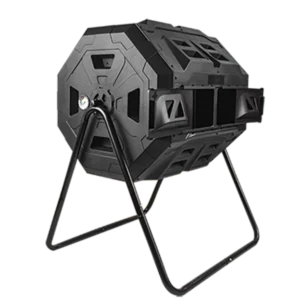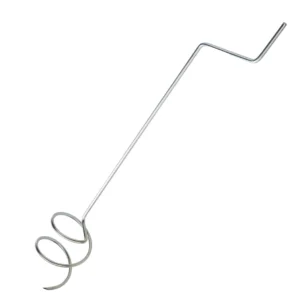In our world today, where taking care of the planet is super important, lots of us are trying to find ways to do our part. One simple but powerful way to help is by getting a compost bin. But you might wonder, is it really worth it?
Let’s chat about why making compost a part of your daily life can be awesome for the environment and your backyard, are there any drawbacks of composting and whether will it suit your lifestyle or not, all through a lens that’s as environmentally conscious as it is practical?
Top 5 Reasons Why Having a Compost Bin is a Game-Changer
Gets Rid of Waste the Smart Way
Composting offers a smart way to handle your kitchen and yard waste. By putting your vegetable peels, coffee grounds, and grass clippings into a compost bin instead of the trash, you make a simple yet powerful change. This not only reduces the amount of waste your home sends to landfills but also turns what would have been trash into useful compost. This compost can enrich your garden soil, helping your plants grow better. It’s an effective way to recycle your organic waste, giving it a second life as something beneficial for your garden, and it’s a step towards living more sustainably.
It’s a win for the environment
Having a compost bin at home means you are sending less trash to landfills. This is important because organic waste, like food scraps, doesn’t break down well in landfills and ends up creating methane, a powerful greenhouse gas that contributes to climate change. Composting these materials instead turns them into useful compost, which can enrich soil and help plants grow. So, by composting, you are not only reducing harmful emissions but also giving back to the earth by creating a natural, beneficial product. It’s a simple yet impactful way to say thanks to our planet and make a positive difference.
Make your Garden a Super Happy
When you compost, you are transforming your kitchen scraps and yard waste into a superfood for your garden. compost improves soil structure, making it better at holding water and nutrients, which are then available for your plants. This means your garden can become more lush and vibrant, with brighter flowers and more bountiful harvests.
This homemade compost is a great alternative to chemical fertilizers, offering a safer, natural way to enhance soil and plant health.
Good for your Soil
Compost does wonders for your soil beyond just nourishing your plants. It acts like a glue, helping soil particles to bind together. This bonding reduces the risk of soil washing away with rain or blowing away with the wind, meaning less erosion. Additionally, compost helps the soil hold onto water more efficiently, so plants have access to moisture when they need it. Simply put, adding compost to your garden turns the soil into a robust, nurturing foundation, providing an ideal environment for your plants to thrive. This not only supports plant growth but also contributes to a healthier, more vibrant garden.
Keep your wallet happy
Gardening costs can add up, particularly with the need for fertilizers and plant food. However, a compost bin offers a clever solution. It turns your kitchen scraps and yard waste into nutrient-rich compost, essentially a superfood for your plants, at no extra cost. This process not only reduces waste but also saves you money on gardening supplies. Essentially, your compost bin allows you to recycle waste into something beneficial for your garden, making it a cost-effective and sustainable choice.
Drawbacks of having a Compost Bin
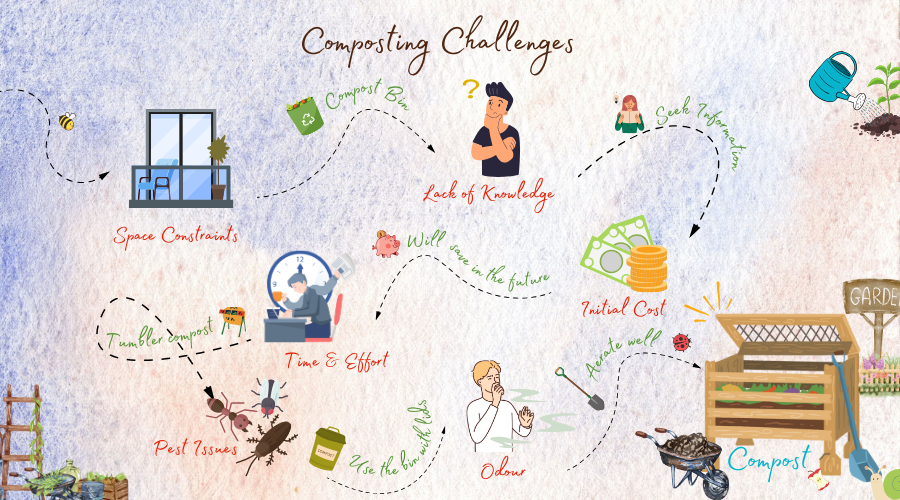
Starting costs
Buying a compost bin or tumbler costs a bit at the start, but it’s really an investment for your garden. The money you save because you won’t need to buy garden fertilizers and soil conditioners will soon make up for, and probably go beyond, what you spent initially. Composting changes your organic waste into useful compost, making your soil better without spending on expensive garden items. It’s also a move towards living more sustainably, reducing waste and helping the environment.
Need Some Muscle
Stirring and mixing your compost is important for making good compost. It adds oxygen, which helps break down the stuff in the pile, and makes sure everything decomposes evenly. It might take a bit of effort, especially if you have a big pile, but it’s necessary for getting high-quality compost. Using tools like a compost fork can make it easier. Even though it’s a bit of work, this effort is crucial for successful composting, resulting in nutritious compost for your garden.
Needs the Right Care
Taking good care of your compost bin helps keep away bad smells and bugs. Stirring it often lets air in, stopping it from getting smelly. Mixing the right amount of food scraps (green stuff) with leaves or paper (brown stuff) helps it break down right without drawing pests. Putting a lid on your bin and making sure it’s off the ground keeps critters out, and remember not to throw in meat, cheese, or greasy food. Regularly checking if it’s too wet or dry and taking out stuff that isn’t breaking down keeps everything running smoothly. With just a bit of work, your compost bin will stay clean, making composting easy and giving you great compost for your garden.
Patience is Key
Turning your kitchen and yard leftovers into compost for your garden takes time; it doesn’t happen right away. How fast it happens depends on a few things like how warm it is, how big the pieces are, how much you stir it, how wet it is, and mixing the right types of waste (some that break down quickly and some that don’t). If you keep an eye on these, you can make it faster, but you still need to wait a bit. It might take anywhere from a few months to a whole year to get your compost ready, based on how you do it and the weather. But, having patience pays off because you’ll end up with rich soil that’s great for your plants.
Conclusion
While compost bins are great for turning kitchen scraps and yard waste into something useful for gardens and reducing trash. But having a compost bin depends on what works best for you. It is totally fine if you choose not to have one. You can do your bit by donating your food scraps to the community garden or recycling centres. This way, you are still helping out without having to manage a compost bin yourself.
Whether you compost at home, recycle more, save water, or support green products, what matters is that you’re doing something. Every little bit helps when it comes to taking care of the earth!
FAQs for Compost Bin
Choose a dry, shady spot near a water source for your pile or bin. Start with a layer of brown materials (for carbon), add green materials (for nitrogen), keep it moist, and turn it regularly.
Yes, you can use a small, indoor compost bin with a tight-fitting lid or consider vermiculture(worm composting) as an alternative.
You can start composting with or without a special bin. Piles work just fine, but bins can help keep things neat and deter pests.




